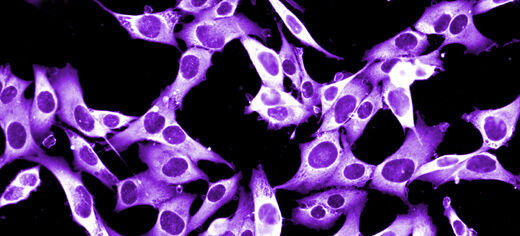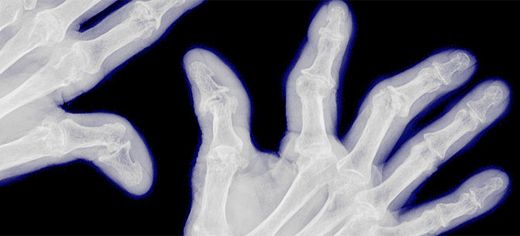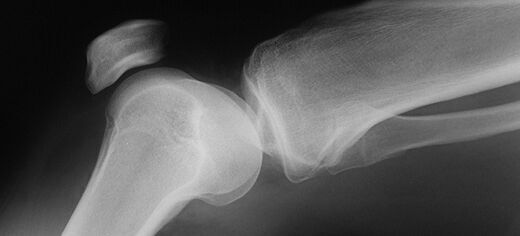
New research opens door to Alzheimer's test
Scientists at the University of Leeds have developed a new technology that could form the basis of a simple blood test for Alzheimer's disease.

Scientists at the University of Leeds have developed a new technology that could form the basis of a simple blood test for Alzheimer's disease.

Researchers at the University of Leeds have shown that greater dietary fibre intake is associated with a lower risk of both cardiovascular disease and coronary heart disease.

A new gene mutation which will help doctors give a more accurate diagnosis of a type of brain and muscle disease in children has been discovered for the first time by University of Leeds experts.

Researchers have identified a resistance protein that allows bacteria to survive chlorhexidine, an antiseptic commonly used in wipes, cleansers and mouthwashes in hospitals.

Scientists at Leeds have found that the immune system's behaviour can act as an early warning alarm that detects cancer recurrence, and this could offer a chance for pre-emptive treatment.

Researchers from the University of Leeds think that sticky sperm could hold the key to greater success for couples undergoing IVF treatment.

People with a type of arthritis affecting the skin and joints respond significantly better to early, aggressive drug treatment compared to standard care, according to preliminary results presented by a University of Leeds lecturer to a major US conference.

The University of Leeds turned its iconic Parkinson Building pink to show its support for the fight against breast cancer.

University of Leeds academics have leant their expertise to an analysis identifying the ten critical gaps that exist in breast cancer research, which, if not urgently addressed, could see the loss of about 185,000 lives by 2030.

University of Leeds researchers are to carry out a major new clinical trial that could bring relief to the six million people in the UK with the potentially crippling condition of osteoarthritis of the knee.